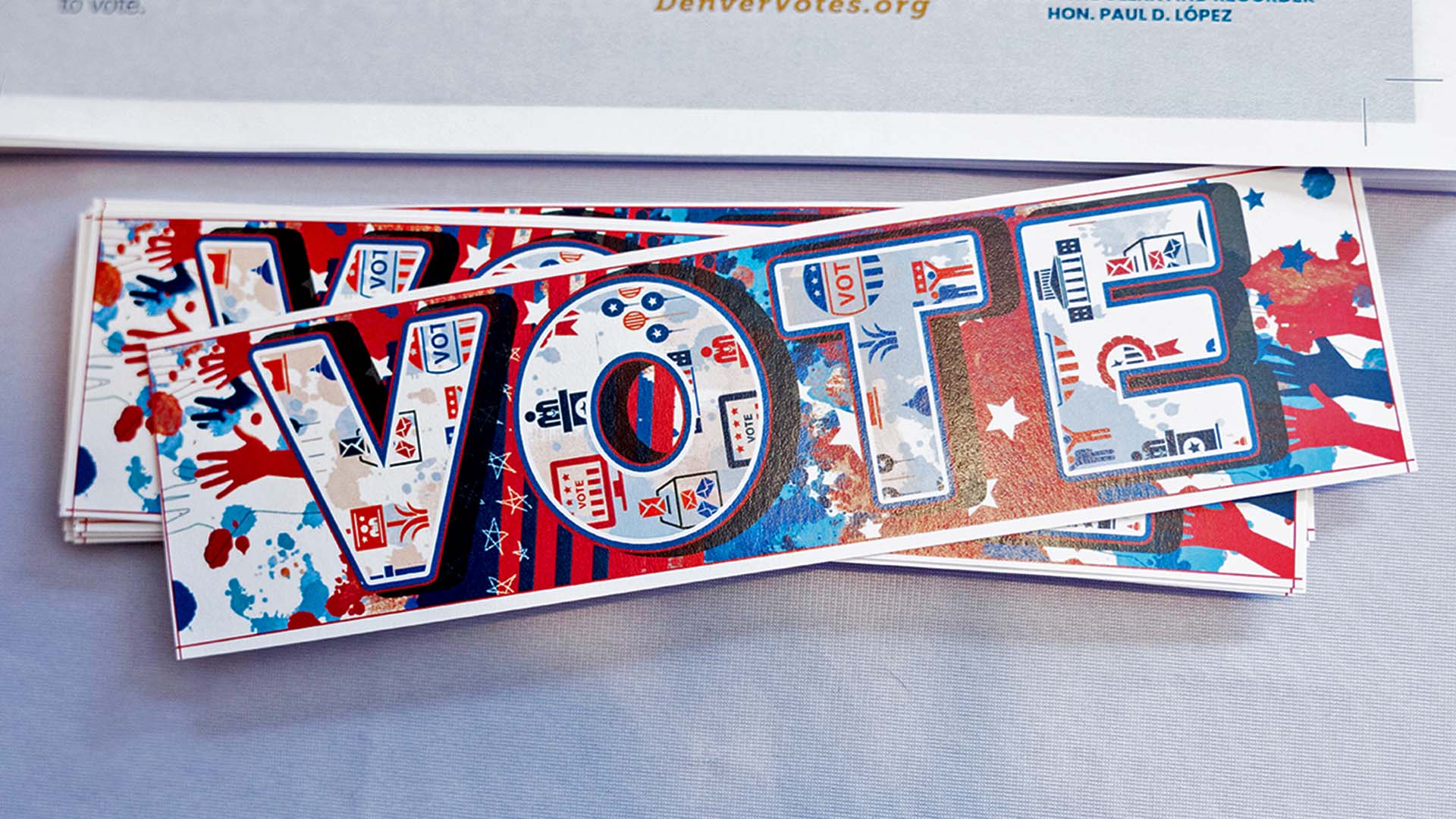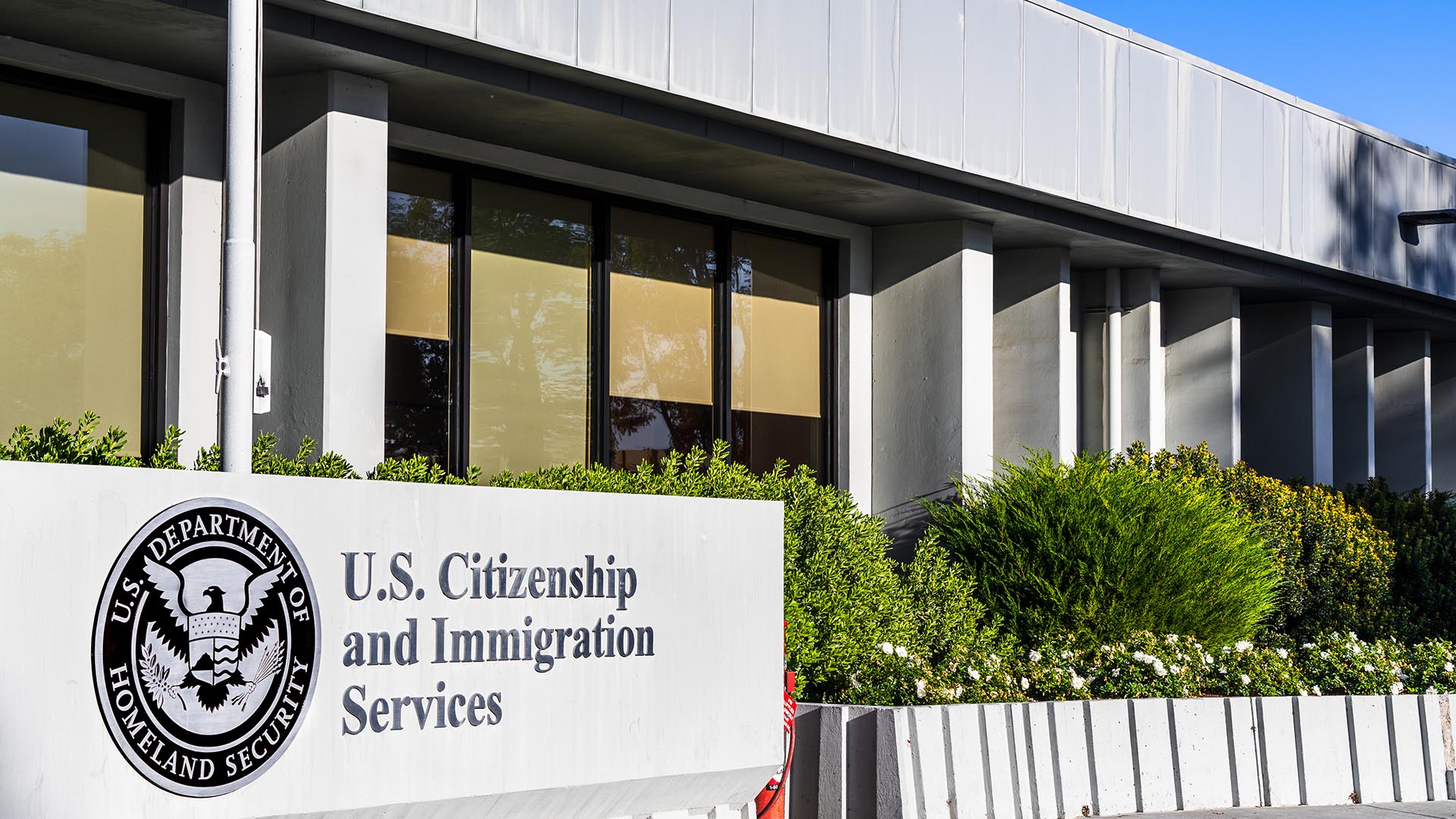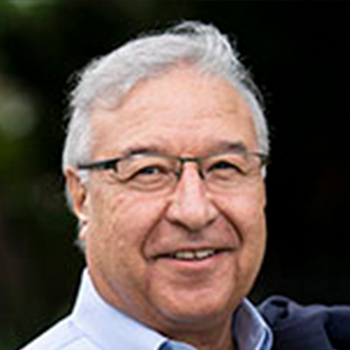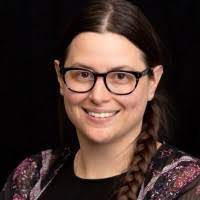Conference topic turns to voting rights as another election nears
MSU Denver Department of Social Work’s Annual Policy Conference focuses on voting barriers and expanding access to a fundamental American right.
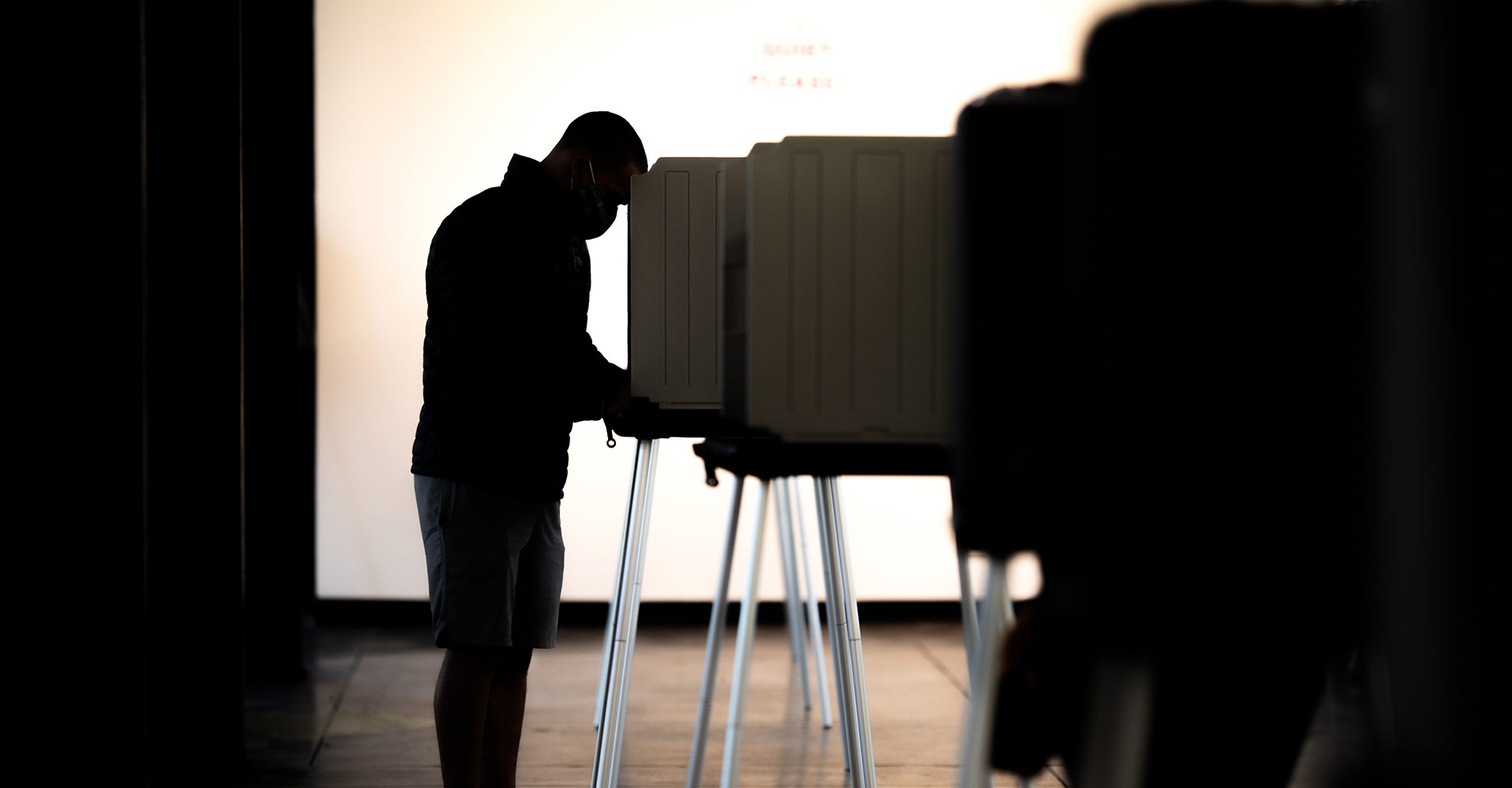
In 2020, the Covid-19 pandemic was ripping through the United States during a bitterly fought presidential election. But that didn’t stop people from casting their votes – at least not in Colorado.
The state expanded its vote-by-mail system, and election officials established ballot trackers so that voters could get updates on the status of their ballots. Colorado also introduced a text-to-cure program, which allowed voters to fix signature discrepancies on their smartphones, Secretary of State Jena Griswold told a virtual audience Friday at the 5th Annual Social Work Policy Conference at Metropolitan State University of Denver.
“The results speak for themselves. We had more people cast a ballot than ever before in our state’s history,” Griswold said. In 2020, 86.5% of active registered voters in the state voted – the country’s second-highest voter-turnout rate.

Griswold and Lauren Groh-Wargo, CEO of national voting-rights organization Fair Fight Action, were keynote speakers for the virtual event, made possible by a Health Resources and Services Administration grant that MSU Denver received from the U.S. Department of Health and Human Services.
MSU Denver’s Department of Social Work hosts the annual policy conferences, which explore current events. This year’s topic was especially relevant for MSU Denver students, who are among the most civically engaged college students in the country.
“(Voting rights are) so relevant to everything,” said Lori Darnel, an assistant professor of Social Work who organized the event. “Voting rights are the foundation of our democracy, our representation in the government, and that’s what impacts so much of what happens in social work especially.”
“We’re hoping to help people understand what’s going on so that they can become more engaged as both a voter and an advocate if they want to get involved in voting-rights issues,” she added.
Such issues have been hotly debated this year in the wake of the Jan. 6 attack on the U.S. Capitol, in which supporters of former President Donald Trump attempted to stop Congress from carrying out the electoral-vote count formally affirming President Joe Biden’s victory.
Soon after the insurrection, state legislatures in Georgia, Arizona and a slew of other states began rolling out legislation making it harder to vote, said Groh-Wargo, former campaign manager for Stacey Abrams when she ran for governor of Georgia in 2018.
The proposed laws, rooted in false claims of voter fraud, focused with “surgical precision” on people of color and underserved communities, she said.
“As we and our country become more and more racially and ethnically diverse, the fraught nature of who can vote and (who is worthy), whose name is funny and whose name is OK, what kind of an idea is valid versus what kind of idea is not – we’re seeing this fought out now (in state legislation),” Groh-Wargo said. “How can it be that we’re at this point? Well, it’s because voter suppression is not new.”
Make a voting plan from MSU Denver on Vimeo.
Nineteen states have enacted 33 laws this year making it harder to vote, according to an analysis by the Brennan Center for Justice.
While Colorado is among more than two dozen states to expand voting access this year, it hasn’t been immune to controversy stemming from debunked conspiracy theories alleging voter fraud.
Griswold filed a lawsuit in August to strip election authority from Mesa County Clerk and Recorder Tina Peters, who is under criminal investigation, accused of allowing a security breach of the county’s election equipment. A copy of an election-system hard drive and Dominion Voting Systems equipment passwords from the clerk’s office were posted online.
Griswold said she believes the country’s democratic institutions are facing significant challenges and that it’s important for everyday people to pay attention and elect people who believe in democracy, regardless of political-party affiliation.
“I’m positive we’re going to win this fight,” she said. “But it takes all of us not just hoping for better days but acting now for better days. There’s so much we all can do to make sure that our democracy remains intact in the United States.”

